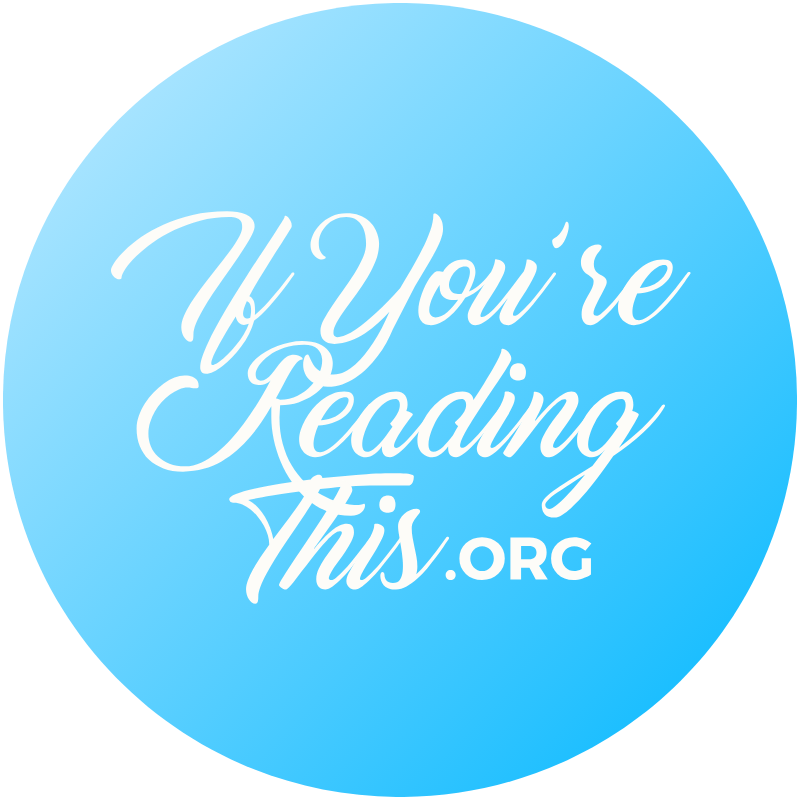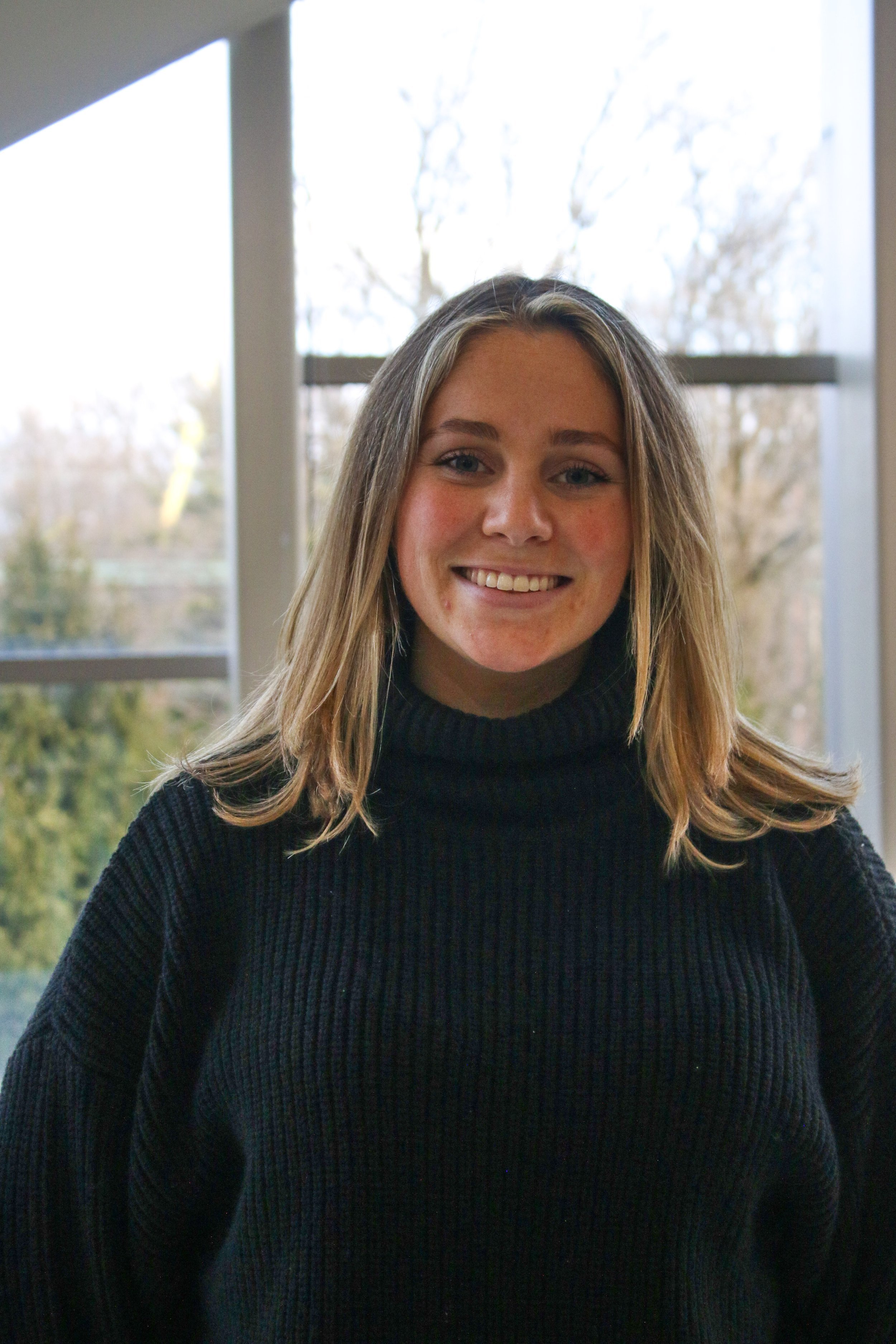Casey D.
Photography by Caroline MacLaren
Please note: In this letter, there is discussion of disordered eating. If you think you may find this content triggering, please consider reading one of the other letters of IfYoureReadingThis.org, or prepare to access any support systems or resources you find helpful.
If you’re reading this, please know I am here for you.
If you told me I would be writing this a year ago, I would have been consumed by fear. Fear of what other people would think of me, fear of sounding stupid, fear of saying too much. But I realize that you never regret being vulnerable—it’s the things you don’t say or do that haunt you.
So here goes nothing:
For as long as I can remember, I have been a worrier. I was the kid crying every day before preschool, begging my mom not to make me go. I was a nail biter, a hair chewer, a foot tapper. “What if’s” constantly swarmed my mind, and my heart was forever beating a thousand miles a minute. I became used to this state of panic—I thought everyone experienced it—and it propelled me to become a top performer in my class, a dedicated athlete, an attentive friend. From the outside looking in, my life seemed virtually perfect. Inside, I was riddled with doubt, self-hatred, and unhappiness.
The coronavirus pandemic only exacerbated my negative feelings. I grasped for any sense of control I could find, and I turned to exercising and eating (or lack thereof). I punished myself daily by going on 4-mile walks and eating only certain “safe” foods. My new eating habits isolated me from my friends, as I was afraid I would have to eat with them, or hanging out with them would take time out of my precious workout schedule. At that time, I began to experience severe mood swings, where I would be smiling one second and bawling the next. Despite internally suffering, externally I was the picture of “health” — never had I received more compliments about my enviable motivation. However, that “perfect body” was fueled by obsessions that were making me very ill.
This cycle of torture went on for almost a year until one night at school, right before bed I broke down in front of my roommate and told her everything — how I felt lost and empty, like a shell of a human. Never in my life had I been so vulnerable with someone, and she responded with nothing but love and support, urging me to get help. That night, in the middle of the semester, I called my mom to come pick me up, and immediately went home.
After an appointment with my therapist, I visited a psychiatrist who diagnosed me with OCD, anxiety, and depression. Immediately after the meeting, I started crying tears of relief. There was a reason I was feeling the way I was: a chemical imbalance in my brain. I, myself, was not inherently bad. For the majority of my life, I assumed I was broken, that my suffering was my own fault. Getting the medical diagnosis validated and comforted me in a way I cannot explain.
Next came telling people about my diagnosis. I had been reluctant to share my feelings in the past out of fear of being judged or deemed “crazy.” The opposite appeared to be true—nearly every person I told had similar experiences to share or could at least empathize with my situation. Since then, I have tried to be as open and honest as possible — not only for my sake but to make it clear that anyone can come to me if they are struggling.
I would not be here today if it weren’t for my wonderful family, my incredible best friends, and my dedicated therapist and psychiatrist. I am fortunate to have such beautiful people in my life, and I believe everyone should be afforded the same support system.
If you’re reading this, please know I am here for you.
Casey D.,Villanova University
Connect With Us
To follow IfYoureReadingThis at Villanova on Instagram, get in touch with our chapter, and learn about more resources available to Villanova students, visit our chapter’s homepage.

